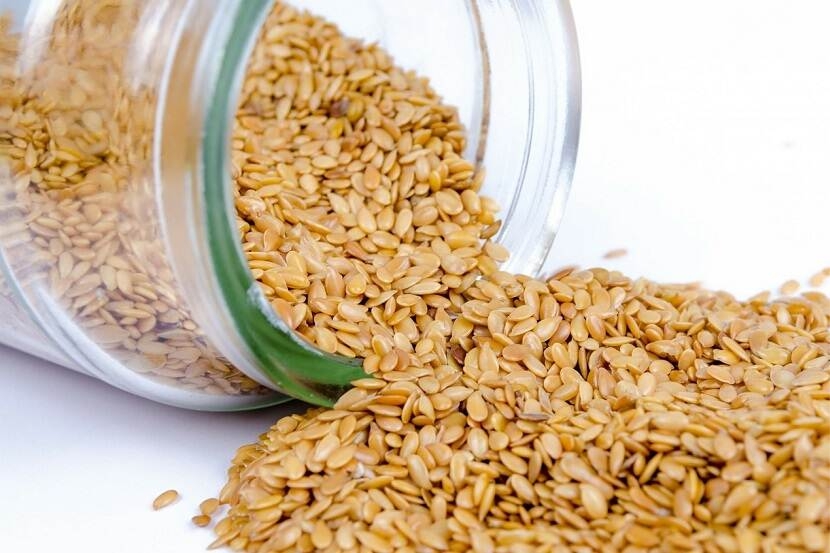Dutch supermarkets immediately withdraw hundreds of products containing sesame seeds from the market. They do this on the order of the Dutch Food and Consumer Product Safety Authority (NVWA) because the substance ethylene oxide has been found in a number of batches of sesame seeds from three producers in India. According to the Belgian Federal Agency for the Safety of the Food Chain (FASFC), the products can be traced back to one operator who imported sesame seeds from India.
–
Ethylene oxide is a disinfectant and is not allowed on foods in the European Union. “It is not immediately a public health problem, but someone who consumes large amounts on a daily basis could potentially experience harmful consequences in the longer term,” reports the NVWA.
The Dutch supermarkets immediately started to remove sesame products. They not only get products from the shelves that demonstrably contain sesame seeds from the three producers, but also products of which this is not immediately clear, according to a spokeswoman for the Central Bureau for Food Trade (CBL). “Safety before everything.” Products of which it is clear that they come from another manufacturer will remain on the market.
The supermarkets are working on a list of products that may contain the sesame seed in question. Dutch consumers are advised to throw these products away or return them to the store. Sesame is used in hundreds of foods, such as bread and crackers, certain salads and oriental products.
Supermarkets also withdraw sesame products from the market in other EU countries. The contaminated batches were imported into Belgium and then went to 24 other countries, the NVWA reports. Companies that have processed sesame seeds from India must therefore check whether they contain residues of ethylene oxide.
Federal Food Agency
According to the FASFC, the products can be traced back to one operator who imported sesame seeds from India. “An analysis showed that too high a residue content of crop protection products, in particular ethylene oxide, could be established. The stock that was still in the producer’s possession was immediately blocked ”, the FASFC reports Tuesday evening.
The agency immediately started tracing the products that were already sent to customers and, according to its own words, is closely monitoring controls at the companies concerned and is also actively taking samples itself.
Via the Rapid Alert System for Food and Feed, the FASFC informed and informs other countries when (possibly) non-compliant products have been delivered to companies there. Many countries have received such a notification, especially EU Member States, including Denmark, Latvia, Austria, Switzerland, Czech Republic, Germany, Estonia, Spain, France, Great Britain, Greece, Hungary, Ireland, Italy, Lithuania, Luxembourg, Malta, the Netherlands, Norway, Poland, Portugal, Romania, Sweden, Slovenia, Slovakia, Finland and Russia.
Tracing is still ongoing. “It can therefore happen that products are recalled in the future as a result of this problem. Businesses are required to post a communication in points of sale where non-compliant products have been sold to notify consumers, ”it says.
– .


